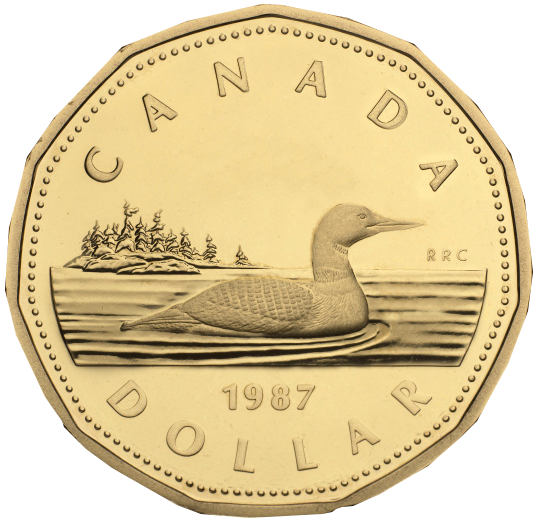

“You can seize my means of production, baby”
The local Albertan, rediscovering what it means to be me. May play devil’s advocate at times, as I like being nuanced.
Enjoys electronic music, adorable art, rhythm games, and perogies among other things.
I have lemmy.world and piefed.world blocked. Sorry, too much American politics and an unfortunate amount of casual transphobia for my liking. Feels like talking to a brick wall with people and I can’t be bothered anymore.
Also have lemmy.ml blocked for transphobia and gross dismissal of human rights issues in China by the admins.


“You can seize my means of production, baby”


This makes sense though? The consumer pays for the tariffs, not the U.S… The price increase on U.S.-imported groceries from tariffs will be removed, making prices come down to how they were before we placed tariffs on them.


Not to give too much leeway to these companies, but I feel like the reason for this is all a confusion of what consumers are wanting.
On the part of the consumer, they want more stuff made here in Canada, but on the part of the grocery stores, they either misread the room and think they want Canadian brands, or assume they know better and go by Canadian brands seeing how so much of what we get at the grocery store in Canada either isn’t grown at demand, or can’t be grown here at all.
This would probably be best sorted with a better product labeling system enforced by the government. I used to work on Open Food Facts a lot (stopped doing so for a variety of reasons), and learned that how we label food here is so confusing when we can make it much more simplified and easier to read.
Something like a checklist format would be nice. Something like:
Canadian brand? [checkbox]
Domestically owned? [checkbox]
Canadian Ingredients? [five bars shifting from red to green, each bar being the closest 20% increment of domestic ingredients by volume]
Just this would help a tonne. You can identify truly Canadian brands and keep your dollars in Canada, and also do so more intensely if you wish by avoiding products that fail to meet a certain threshold of domestic ingredients. It prevents companies from having to assume they know better than the consumer when it comes to assuming what they actually want, and replaces the “made with domestic and imported ingredients”, “product of Canada”, and “Made in Canada” labels with something that paints a more clear and obvious picture to the consumer.
I do think there is some level of malice, but I think this is overwhelmingly just companies throwing their shoulders up in confusion when major products we buy (coffee, chocolate, tea, sugar for most of Canada) just aren’t grown here, and don’t want the less informed types spending all day looking at labels for a chocolate bar with Canadian-grown cocoa when Canadian brands are the closest thing to what they want lol.
“Hey guys, look at this image I made showing how much I care about the environment”
It’s AI generated.
This doesn’t help your case you know.


I think the term is fine if you approach it from an “invasive species” mindset rather than an “undesirable” mindset.
I don’t know if it was intentionally done by my teachers, but that’s the impression I always got about the term since it was usually brought up in the context of introduced species of plants causing harm to native species. Stuff like dandelions and such.


…only now?


Probably going to be against the grain, but I think the idea is interesting.
Thinking of like, the late late night where you probably don’t have a host and someone wants to have one since that’s what I like most about radio.
If it’s treated as an experimental placeholder until they can support a host being in that time slot, I say go for it, line for me is drawn when they use that to replace hosts.


Not sure where abouts you live, but Big Mountain is a brand I see in the stores here in Calgary often. Think they’re based in B.C…
Their products have been hit or miss for me, the veggie burgers were alright, but the “bites” were something I didn’t enjoy at all, though that’s likely personal preference more than anything.
They make plant-based sausages, though I’ve yet to give those a try.
Compliments dried lentils at Safeway and Sobeys should be Canadian if you want the dried ones. Pretty sure Bulk Barn also sources their lentils domestically.
For canned, Unico comes to mind, but I’d assume Compliments would also be Canadian. I’d check other brands since while I’d imagine them to be the same case, some might also be imported from China or India.